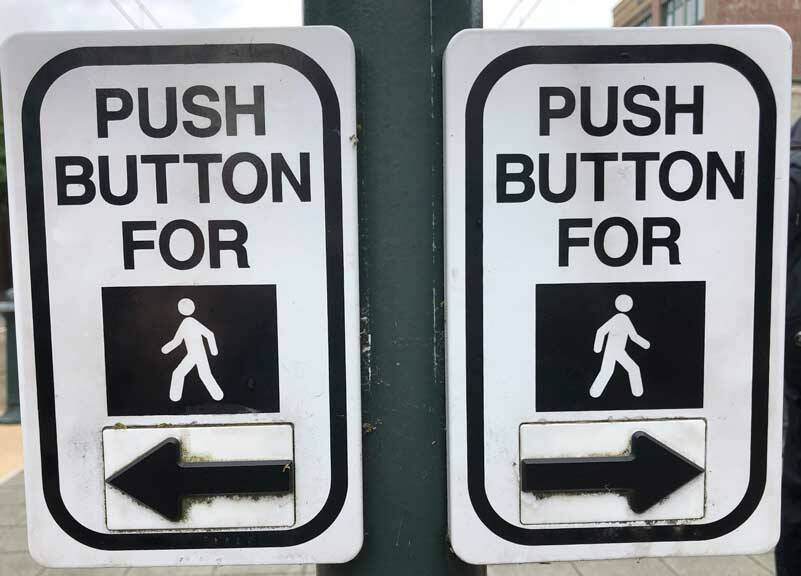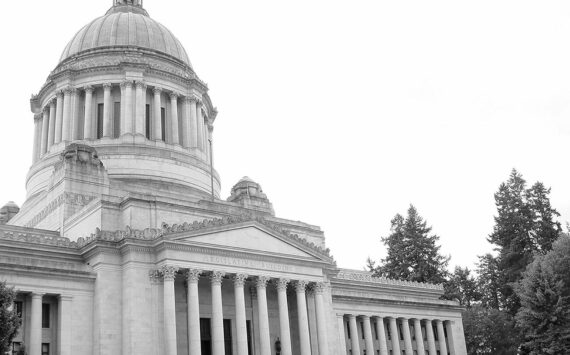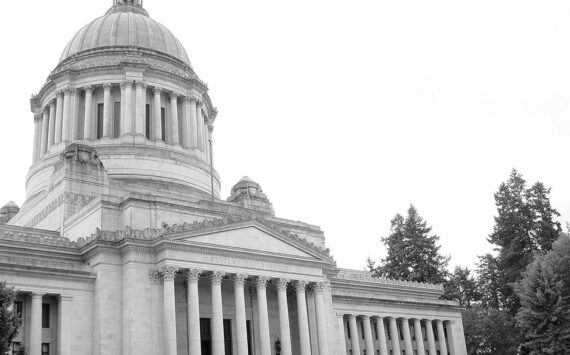By Morf Morford, Tacoma Daily Index
It was the best of times, it was the worst of times, it was the age of wisdom, it was the age of foolishness, it was the epoch of belief, it was the epoch of incredulity, it was the season of Light, it was the season of Darkness, it was the spring of hope, it was the winter of despair, we had everything before us, we had nothing before us, we were all going direct to Heaven, we were all going direct the other way… -Charles Dickens
In almost every arena, from politics to retail, to housing, to the stock market to employment numbers to job security and a dozen more, where we are going is all too clear, and we are going there at record speed – and we, as a culture, an economy and, for many of us as individuals, are going full-speed – in two directions at the same time.
In many ways, from where we live, to what we eat or the music we listen to, we self-select and define ourselves, often in opposition to others, and find ourselves reacting as much as acting as we might have thought we would.
In other words, many of us drift or respond to others or just do what we’ve always done. And have the same attitudes we’ve always had.
I’m sure we all know people who, no matter what is going on, assume and expect the worst, and we know others who have learned (or decided) to see (and seize) any and every opportunity.
There’s a lot more at work than the familiar positive or negative, glass-half-full or half-empty metaphor.
Is the housing market, employment picture, general economy, and yes, culture in general at a precipice, in a slow – or even rapid – decline, or on we on the edge of a just, equitable and prosperous society for all (or at least more) of us?
Chatbots and AI
Are chatbots and AI (Artificial Intelligence) the best human advancement since literacy or the most menacing threat to ever face humankind? I have a very simple answer – yes, it is.
And every breakthrough and invention that has made a difference, from mass communications and plastics to automobiles to digital everything, has pushed us to, or beyond, what we as humans thought we were capable of – for good and ill.
From electricity to indoor plumbing to transistors and microchips or online anything (and much more), technology allows us to exercise the best – and worst of ourselves. And each development brings as many questions and answers and as many problems as solutions.
The premise of most technology is to replace the drudgery and most dangerous aspects of work and life.
The widespread use of electricity replaced candles and fires in every home and business, and put lamp-lighters (for public street lights) and candle-makers out of work, but cut down the occurrence of fires that had destroyed virtually every major city for centuries.
Electricity has changed, if not improved, the lives of nearly everyone in the world. And for most of us, if the power goes out for even a few hours, we feel stranded and lost – even in our own homes.
In other words, electricity has become one of the basic elements that we assume will always be available. Most of us take it for granted. And rarely even think about it. The same with phones. And in a few years, chatbots and AI.
The future is here, it’s just not evenly distributed
As with every idea, development or technology, there are those who find themselves immersed in it, and those who find themselves, for whatever reason, excluded. And the inevitable happens – a conflict opens up between the haves and the have-nots – even if what they “have” or “don’t have” is barely visible.
Communities, even families become divided and hostile – even destructive – over issues of technology, education or zoning or opportunity of all kinds.
We have come to take political and cultural polarity as a given. And those ideological positions – on anything from health policies to zoning, become the defining features of how people are hired or fired. Or even treated by others.
Here’s just one example of a relatively recent case where a stable and prosperous town essentially decided to splinter into fractious polarities apparently just because it could.
And as the ideological grip becomes tighter – and more divisive – it also becomes even more dominant – being the primary, sometimes only, reason a decision is made.
To put it mildly, this is no way to run a town. Or a family. Or a business. Or a nation.
As Abraham Lincoln put it, referencing Mark 3:25, “A house divided against itself cannot stand”. Or even function.
The irony of course, is that many of those promoting “patriotism” or even “freedom” do so with the deliberate intent to alienate and divide us from each other.
If any of those who claim the name “patriot” would really like to see America “great again”, they should encourage what has always made America “great” – a culture and economy that welcomes, even fosters, opportunity and entrepreneurship; and ideas, developments and inventions that the rest of the world refuses to welcome. Or even recognize.
Innovation, in may ways, literally “built” this country, and innovation and inventiveness, in any expression, is inherently unsettling and uncomfortable.
The “new” is, ahem, by definition, unexpected, even uncomfortable. If you think a new pair of shoes is uncomfortable, try a new, emerging, (and unavoidable) technology, “lifestyle” or even fashion trend.
Being “great” now or in the future, is, at its most basic, a state of being.
America, in contrast to established rules of grammar, is not a noun; America is, philosophically at least, a verb – the ultimate action word. We are in motion, always shifting and taking on new forms.
Once we stop doing that, we won’t be “great”; we’ll be moribund beyond repair.





